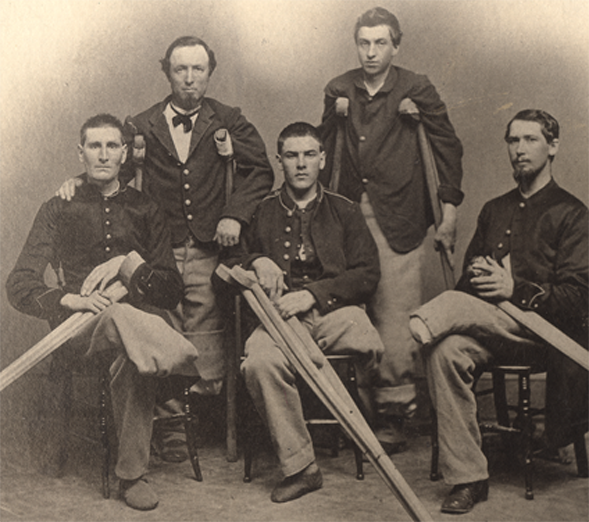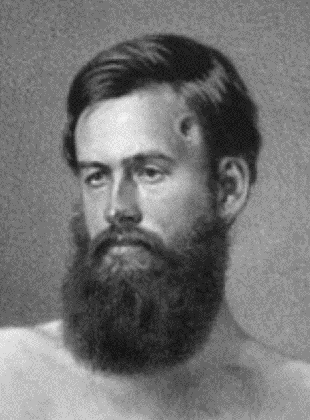
BBI is committed to deepening our understanding of disability by exploring the past. Disabilities have always been a fact of life, but attitudes and responses to them have varied from era to era. Research by BBI Chairman Peter Blanck and Senior Fellow Larry Logue focuses on the pivotal period following the Civil War. The war returned men with disabilities to virtually every American community and propelled public compensation to the forefront of political debate. Using military records, pension files, and government reports, Logue and Blanck have recently found that judgments about applicants’ race and ethnic background influenced administrators of Union army pensions.

Using death registers, newspaper accounts, and other sources, they have also found that Union veterans had higher rates of suicide than either contemporary civilians or veterans of twenty-first-century conflicts. Their current project investigates the physical and mental traumas that led Union veterans to take their own lives.
Civil War soldiers could also survive head wounds, but they often experienced long-term disabilities. Corporal Edson Bemis of Massachusetts was wounded near Petersburg, Virginia, in 1865. He appeared to recover, but his perception and motor skills steadily deteriorated and he died of brain damage in 1900 (Medical and Surgical History of the War of the Rebellion).
Multimedia
ADA Live! Show | July 5, 2017 – The History of Disability, Lessons from the Past
Webinar | July 26, 2017 – Did Civil War Veterans Have PTSD? With Some Lessons for Today’s Veterans
Contact
For more information, please contact Larry Logue.